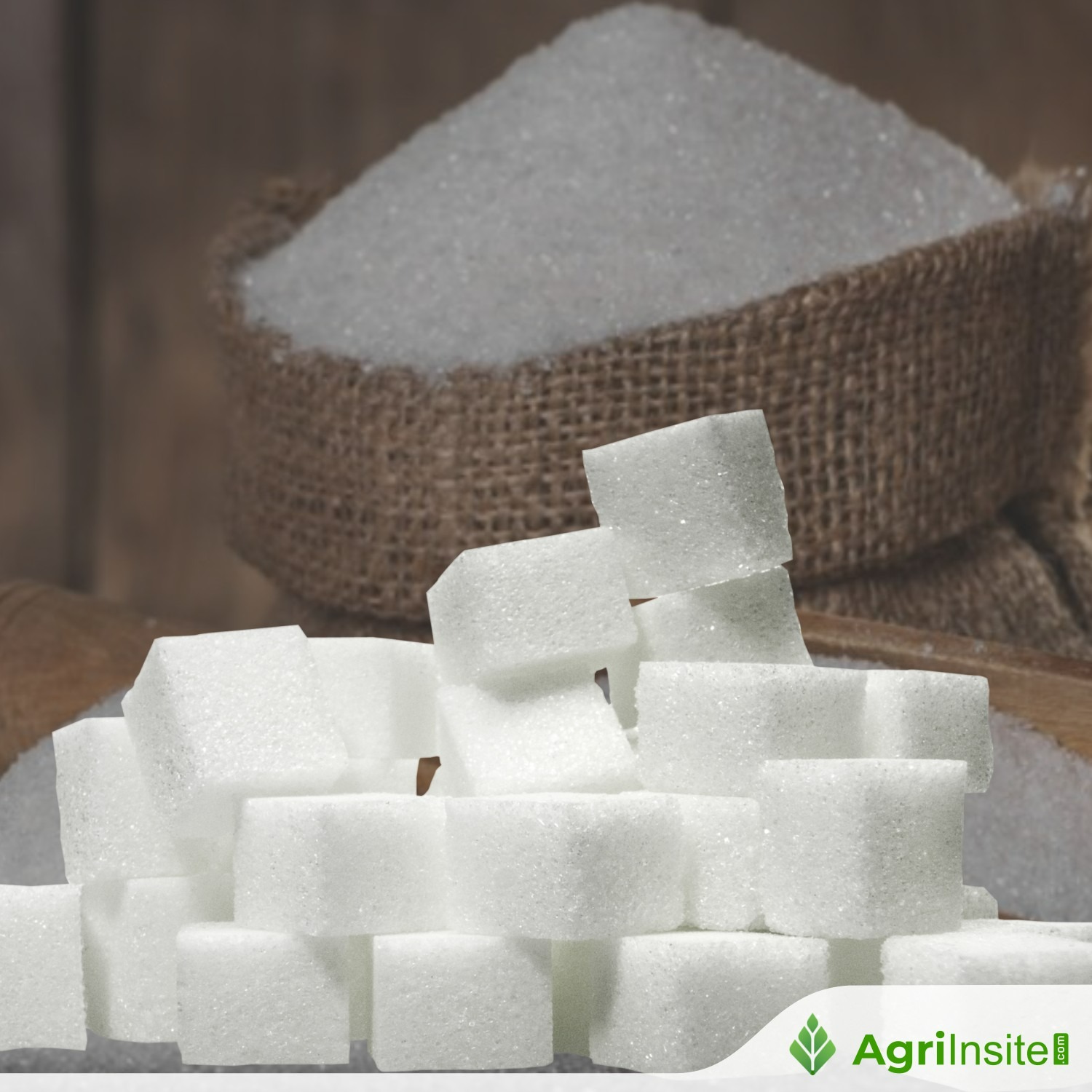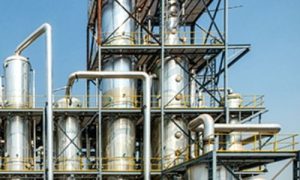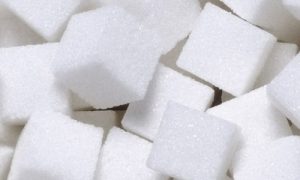The tax crippling a critical industry in South Africa – that some want even higher

South Africa’s sugar industry is struggling due to a combination of declining production, rising electricity costs, and the Health Promotion Levy (HPL), commonly known as the sugar tax. Industry groups argue the tax, introduced to combat obesity and diabetes, has caused significant job losses and mill closures. They are calling for the tax to be scrapped or the current moratorium on tax increases extended. Meanwhile, health advocates support raising the tax further to reduce sugar consumption and address the country’s rising diabetes rates.
South Africa’s sugar industry faces a stark divide: industry stakeholders argue the sugar tax threatens livelihoods, while health advocates insist that it is crucial for combating rising obesity and diabetes rates.
The industry, mainly concentrated in KwaZulu-Natal and Mpumalanga, currently support an estimated 65,000 jobs directly and 271,000 jobs indirectly, with one million livelihoods relying on the income this provides.
However, it has experienced a decline in annual sugar production by nearly 25% over the past 20 years.
Farmers Weekly recently reported that the industry is currently facing significant challenges as drier conditions and soaring electricity tariffs haven taken a toll on irrigation practices for the water-intensive crop.
This has led to further declining sugar cane yields, putting pressure on growers who are struggling to keep their farms operational.
Industry stakeholders, such as the South African Sugar Association (Sasa), SA Canegrowers and the South African Farmers Development Association (Safda), have said that the Health Promotion Levy (HPL) (also known as the sugar tax which was introduced in April 2018) has not made matters easiers.
They are now urging for an extension on the moratorium, or a scrapping of the tax entirely.
According to SARS, the HPL is a levy “in support of the Department of Health’s deliverables to decrease diabetes, obesity and other related diseases in South Africa.”
It equates to 2.1 cents per gram of sugar above a 4 gram threshold per 100 millilitres – which amounts to a levy of approximately 11% on the price.
The cumulative revenue collected from the on domestically produced and imported products, from inception on 01 April 2018 to 31 March 2021, is R7.9 billion.
However, executive director of Sasa Trix Trikam said that the tax has had a devastating impact on the industry, leading to multi-billion rand losses in revenue, significant job cuts, and the permanent closure of two sugar mills in KwaZulu-Natal.
This includes Darnall, owned by Tongaat Hulett and Umzimkulu, owned by Illovo Sugar.
In his February 2023 budget, Finance Minister Enoch Godongwana agreed to put npause on increasing it, acknowledging the problems the sector was facing. He gave two years to diversify the industry and restructure.
The moratorium — in which Godongwana kept the health promotion levy at 2.21 cents a gram of the sugar content exceeding 4g per 100ml — is set to expire at the next budget review in 2025.
However, SA Canegrowers and the Safda have said that they are “extremely concerned that any increase to the already devastating sugar tax or lowering of the threshold will decimate the sugarcane growing sector.”
They said that this can drive “25,000 cane farmers out of business and plunging hundreds of thousands of families into abject poverty.”
Trixam told a media briefing that if the moratorium on increasing the tax is not extended, “it’s unlikely that farmers will remain in sugarcane because it won’t be worth it because they’ll be making losses.”
SA Canegrowers and Safda said that a period of two years is inadequate for the realisation of product diversification.
Safda Executive Chairman Dr Siyabonga Madlala and SA Canegrowers Chairman Higgins Mdluli called on government “to either scrap the sugar tax entirely, or at the very least extend the HPL moratorium until 2030.”
A study by National Economic Development and Labour Council (Nedlac) released in 2020 found that more than 9,700 jobs were lost by commercial and small-scale cane-growers after the sugar tax was introduced in 2018.
In its first year of implementation, the industry lost 250,000 tons of sugar sales.
“We cannot allow the destructive sugar tax to kill the industry, which has been in recovery mode, thanks to phase one of the [Sugar Sector Masterplan],” said Madlala and Mdluli.
“We need sufficient time to pursue identified product diversification opportunities as we move from being a sugar industry to a sugarcane-based industry,” calling for either an extension or the scrapping of the ban, they added.
Not everyone agrees
Researchers at the SAMRC Centre for Health Economics and Decision Science, Karen Hofman and Susan Goldstein, disagree with these notions and wrote that they believe the tax must be increased to protect public health.
According to Statistics South Africa, there was an increase of 58% in deaths from non-communicable diseases from 1997 to 2018 and diabetes is the second leading cause of death in the country after tuberculosis.
Diabetes affects 12% of the adult population. The direct cost of diabetes to South Africa’s health system is R2.7 billion – and that is only for those patients who are diagnosed. It does not factor in the indirect costs of loss of jobs and income.
“Both obesity and diabetes are known to be triggered by over-consumption of sugar,” said Hofman and Goldstein, citing that the tax has reduced consumers’ consumption of sugary beverages by about 2g per capita per day.
“If all cases were diagnosed and treated, PRICELESS SA, a research unit based at the School of Public Health at the University of the Witwatersrand, estimates this would cost R21.8 billion a year, rising to R35 billion in real terms by 2030.
“To reverse South Africa’s fatal diabetes trend and pour additional, much-needed billions into public funds, the government should increase the rate of the HPL to the 20% endorsed by the WHO,” said Hofman and Goldstein.















